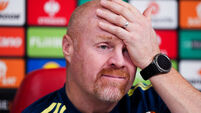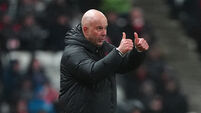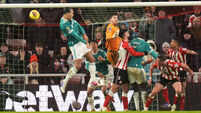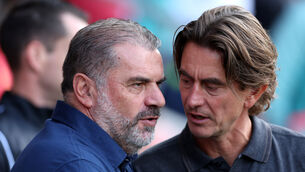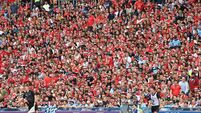Fergie: Rooney did ask to leave
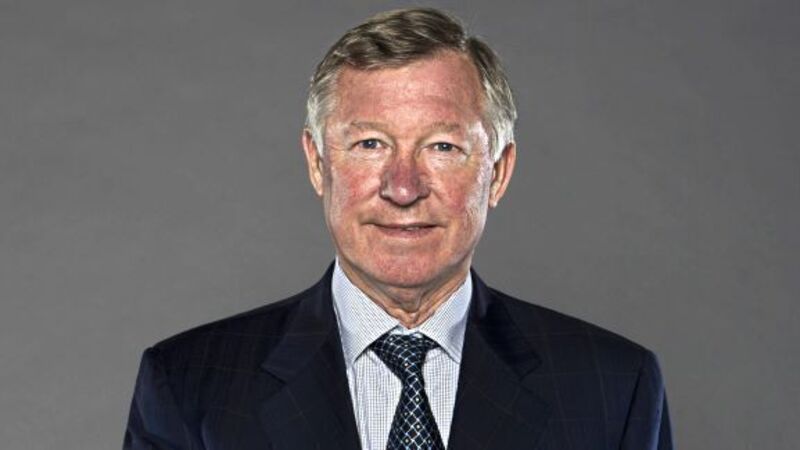
Rose began by painting a picture for the American viewer and Ferguson spoke about his overarching philosophy when starting off at the club: building a comprehensive youth structure which would resemble the impact of the Busby Babes. The conversation would proceed to incorporate many topics including the Scot’s fascination with the US Civil War. The following is an edited extract from the interview.
Alex Ferguson: The way that the game has changed [because of] satellite television and the money that has been ploughed in, it gives clubs the opportunity... even middle-of-the-league teams are spending POUNDS 25 million on players. At United we do buy players but we also have this great youth system to produce our own players







